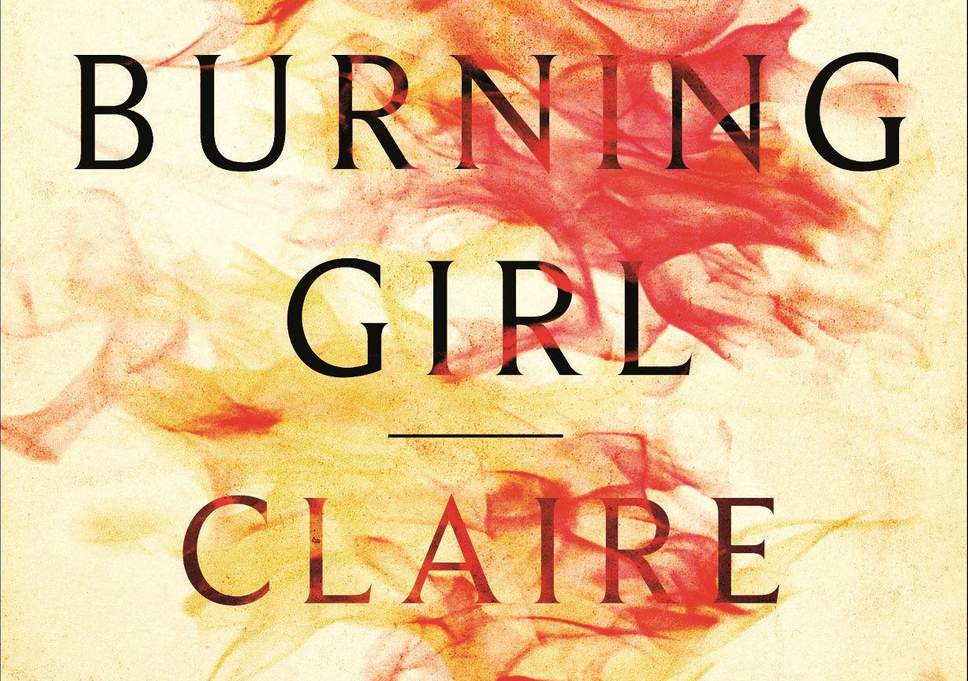REVIEW: ‘The Burning Girl’: emotional, relatable or cliché attempt?
October 2, 2018
Relatable teenage novel offers insight to truths of adolescence
Imagine spending your entire childhood with your best friend, only to learn that one day, you may never see her again. Popularity, jealousy, and family issues are what typically drive friendships apart. “The Burning Girl” by Claire Messud tells the story of a lost childhood friendship that was torn apart from these relatable issues often faced by teenagers.
Julia and Cassie were two inseparable friends. That is, until middle school came along and the girls decided to follow different paths: Julia gravitated towards the studious crowd, while Cassie found herself hanging out with the popular kids. As they got older, Cassie started to drift away from Julia. The rest of the novel is told as Julia tries to save their friendship from vanishing.
Messud describes Julia’s feelings in a one-sided, unraveling friendship in an outstanding way. It is extremely compelling. She did an impeccable job describing life as a teenage girl and had some interesting details throughout the story. Such as the girls’ childhood adventures at the quarry. However, the novel would be even more convincing and realistic if it were told as Julia was looking back at her life as a wise adult, rather than a senior in high school.
If you are in the mood to read an emotional and relatable coming of age story, this novel is for you.

Jenny started writing for the Harbinger her sophomore year in journalism class and became assistant sports editor soon after. She is currently head sports...
Messud falls short in creating unique story
A teenage girl changing as she ages, much to the dismay of the people around her. Sound familiar? “The Burning Girl” by Claire Messud is unfortunately one of these books that tries to take the character in a different direction but ends up with the same plot outline and theme as many other books.
The story follows two girls, Julia and Cassie, from a childhood into their high school years. The girls believe that they will be friends forever, but as they age Cassie blends in with a new group of friends and begins to spend the majority of her time going to parties, leaving Julia behind. The book follows their story as they learn lessons about everything around them.
The book is set up to be the story of friendship, at least until the main characters part ways in the first few chapters. The author’s use of overly detailed descriptions of the characters leads to the book lasting much longer than necessary. The beginning is written in unnecessary vivid detail and by the fifth or sixth chapter, it begins to drag on. The ending contains a few unimportant chapters that are filled with boring dialogue that people will be tempted to skip.
“The Burning Girl” is a book that someone would read and then put in right back unto the shelf without a second thought.


